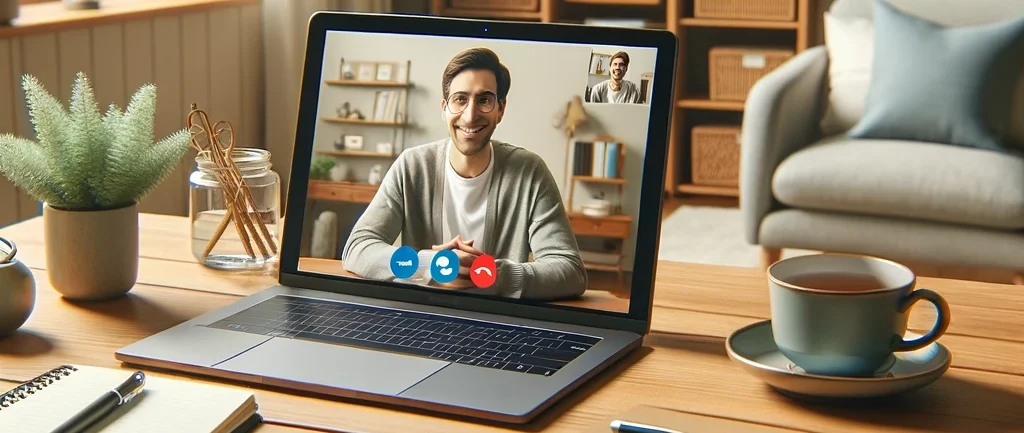Understanding Virtual Therapy
Virtual therapy, also known as online therapy or teletherapy, has become an increasingly popular way to access mental health support. With the convenience of connecting to a licensed psychologist through video calls, phone sessions, or even messaging platforms, individuals can now receive professional help from the comfort of their homes.
https://www.psychologistregina.com offer virtual therapy services, making mental health care accessible to a broader audience. But how do you know if this form of therapy is right for you? Let’s explore the benefits, potential challenges, and key factors to consider when deciding whether to pursue online therapy.
The Benefits of Online Therapy
Convenience and Accessibility
One of the most significant advantages of virtual therapy is its convenience. Without the need to commute, you can schedule sessions that fit into your busy lifestyle. Online therapy is also a great option for those in remote areas or with limited access to in-person mental health services.
Comfort and Privacy
Many individuals find it easier to open up in a familiar environment. Conducting therapy sessions from home can create a sense of comfort and privacy, allowing you to feel more at ease discussing personal matters.
Flexibility
Virtual therapy often offers more flexible scheduling options than traditional in-office sessions. Whether you’re a working professional, a parent, or a student, this flexibility can make it easier to prioritize mental health care.
Access to a Broader Range of Specialists
Online therapy expands your options, allowing you to connect with psychologists who specialize in your specific needs, regardless of location. For example, you can access experts through https://www.psychologistregina.com without geographical limitations.
Potential Challenges of Online Therapy
Technology Dependence
Online therapy requires a stable internet connection and access to devices like a smartphone, tablet, or computer. Technical difficulties can occasionally interrupt sessions, which may be frustrating for both clients and therapists.
Reduced Non-Verbal Communication
In virtual sessions, subtle non-verbal cues like body language may be harder to interpret. While skilled psychologists adapt their techniques to the online format, this can still be a limitation compared to in-person sessions.
Lack of Physical Presence
For some, the physical presence of a psychologist in a shared space provides a sense of connection and support that virtual sessions may not fully replicate. It’s essential to consider whether this aspect is important to your therapy experience.
Not Ideal for Certain Situations
While online therapy works well for many issues, individuals facing crises or severe mental health conditions may benefit more from in-person care or specialized support services. A psychologist can help determine the best approach based on your needs.
Is Virtual Therapy Right for You?
When deciding if online therapy is a good fit, consider the following questions:
- Do you have a reliable internet connection and a private space for sessions?
- Are you comfortable communicating through video or phone calls?
- Does your schedule or location make in-person therapy difficult to access?
- Are your therapy goals compatible with virtual formats?
If you answered yes to these questions, virtual therapy could be an excellent choice for your mental health journey. To explore your options, visit psychologistregina.com for expert guidance and support.
Tips for Making the Most of Online Therapy
Create a Distraction-Free Environment
Choose a quiet, private space for your sessions. Inform others in your household of your therapy schedule to minimize interruptions. Wearing headphones can also enhance privacy and focus.
Test Your Technology
Ensure your device, camera, and microphone are working correctly before each session. Familiarize yourself with the platform used for your therapy to avoid technical difficulties.
Be Open and Honest
As with in-person therapy, the success of virtual sessions depends on open communication. Share your thoughts, feelings, and concerns with your psychologist to get the most out of the experience.
Set Goals with Your Psychologist
Work collaboratively with your psychologist to set clear goals for your therapy. Regularly review your progress to ensure you’re on track and address any adjustments needed.
Embracing the Future of Mental Health Care
Online therapy has revolutionized mental health care, making it more accessible and flexible than ever before. While it may not replace in-person therapy for everyone, it offers a valuable alternative for those seeking convenience and comfort.
If you’re ready to explore the benefits of virtual therapy https://www.psychologistregina.com. Their expert team is dedicated to providing personalized support to help you achieve your mental health goals from wherever you are.
